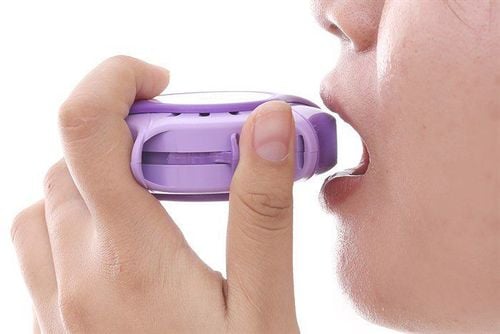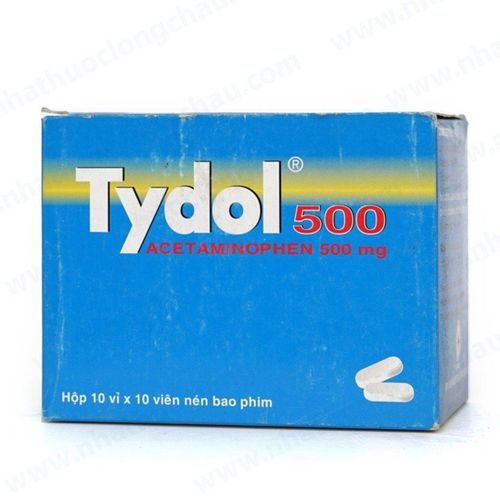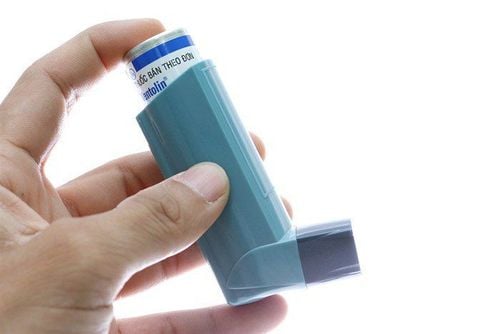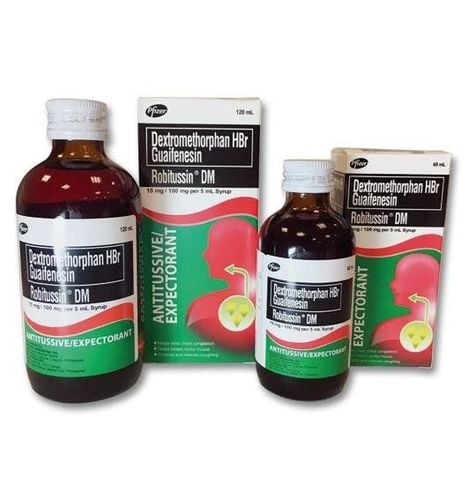This is an automatically translated article.
Sore throat is a common disease that people encounter in the cold season. Antibiotics are often prescribed to treat sore throats caused by bacteria. Read on to learn about common causes and current treatments for sore throats.
1. Causes of sore throat
Sore throat can be painful and uncomfortable. But most of them will go away on their own. It may take a few days or up to a week, depending on the cause. Viruses are the most common cause of sore throat. Bacterial infections can also cause this condition.
When people have viral pharyngitis, people usually experience some or all of the following symptoms: Cough, sneezing, watery eyes, runny nose, hoarse voice, mouth sores.
If you have a sudden, severe sore throat without coughing, sneezing or other cold symptoms, you may have strep throat. Strep throat is a bacterial infection of the throat and tonsils. About 1 in 10 cases of pharyngitis in adults are caused by streptococcus. This means that 9 out of 10 cases of sore throat are not caused by strep.

Thuốc điều trị viêm họng có thể giúp giảm nhanh các triệu chứng khó chịu
2. When should you take antibiotics for sore throat?
Antibiotics have absolutely no effect on sore throats caused by viruses. This type of sore throat usually goes away on its own in about 4 to 5 days.
In fact, they only help with bacterial pharyngitis. Taking antibiotics for a sore throat that's not caused by bacteria won't make you feel better. Taking unnecessary medications also puts you at risk for side effects and contributes to antibiotic resistance.
If you have a bacterial sore throat your doctor may prescribe an antibiotic, such as Penicillin. However, strep throat will go away on its own in 3 to 7 days with or without antibiotics. Antibiotics may not make you better faster, but they can shorten the time it takes for strep to spread to others (which can be spread) to a day or so. Antibiotics can also reduce the risk of a bacterial infection spreading to other parts of the body, such as the ears and sinuses. They can also prevent serious but rare problems like rheumatic fever in children.
3. What medicine to take for sore throat?
Over-the-counter sore throat medications such as Acetaminophen or Ibuprofen will help relieve a sore throat. There is some evidence that Ibuprofen works better than Acetaminophen in relieving sore throats. These drugs usually start working within 1 to 2 hours and the effects last for 4 to 6 hours. You can start with a lower dose of Acetaminophen or Ibuprofen and still get effective pain relief.
There are different types of lozenges (drops) and sprays available in pharmacies that also help relieve a sore throat. Lozenges and sprays start to work faster than Acetaminophen or Ibuprofen, but the pain relief doesn't last as long. It's best to use the lozenge or spray form with an over-the-counter pain reliever. Most people choose based on personal preference, taste and availability. It is important to remember that lozenges pose a choking hazard and should not be given to young children, use the spray instead.
Be careful when giving over-the-counter sore throat medicine to children. Not all over-the-counter medicines are recommended for children of certain ages.
Pain relievers: Children under 6 months: Give only acetaminophen; Children 6 months and older: Acetaminophen or Ibuprofen can be given to children. Never give aspirin to children because it can cause Reye's syndrome, a rare but very serious disease that damages the liver and brain. Cough and cold medicine: Children under 4 years: Do not use unless specifically directed by a doctor. Using over-the-counter cough and cold medicines in young children can lead to serious and life-threatening side effects; Children 4 years of age and older: Discuss with your doctor whether over-the-counter cough and cold medicines are safe to give your child for temporary relief of symptoms. Some tips to help improve symptoms of sore throat at home such as:
Drinking warm water such as tea, broth or soup can also provide temporary relief of sore throat. Make sure the liquids aren't too hot - they can burn the back of your throat, which will only make the pain worse. Drink extra fluids to soothe your throat. Honey or lemon in weak tea can be helpful. Do not give honey to children under 1 year of age. Salt water gargle: Gargling with salt water can also help relieve a sore throat. Gargle regularly with warm salt water if you are 8 years or older. This helps reduce swelling and sore throat. Mix 1 teaspoon (5g) of salt in 240ml of warm water. However, keep in mind that gargling with salt water won't kill the germs that cause a sore throat - whether it's a virus or bacteria, including COVID-19.

Cẩn thận khi cho trẻ em dùng thuốc điều trị viêm họng không kê đơn
In summary, sore throat is quite common and easy to encounter during the season change. Antibiotics are often prescribed to treat a sore throat caused by a bacterial infection. Each antibiotic should be taken as prescribed by your doctor to help prevent the spread of bacteria to other parts of the body and avoid antibiotic resistance.
Please dial HOTLINE for more information or register for an appointment HERE. Download MyVinmec app to make appointments faster and to manage your bookings easily.













